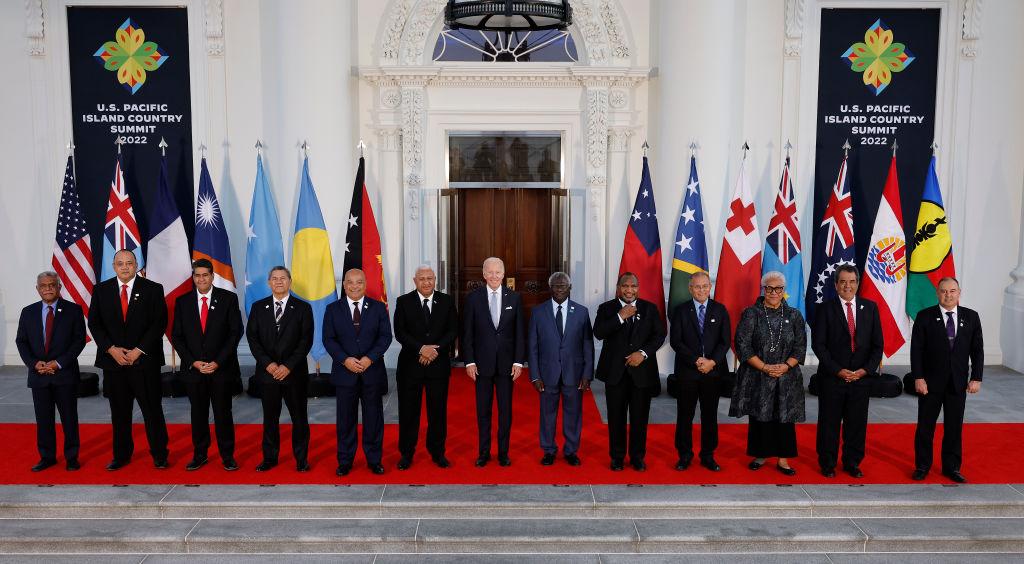U.S. President Joe Biden on Sept. 29 announced US$810 million in new funding to Pacific Island nations over the next decade as the U.S. seeks to counter Beijing’s growing influence in the region.
The meeting comes after Beijing and the Solomon Islands signed off on a security pact in April, which received strong pushback from the U.S., Australia, New Zealand, and Japan. Soloman Island’s prime minister Manasseh Sogavare also reportedly signalled hesitancy to sign any end-of-summit statement critical of China, according to Reuters.





